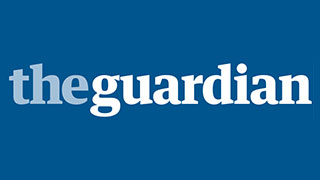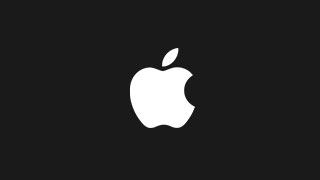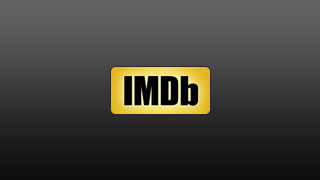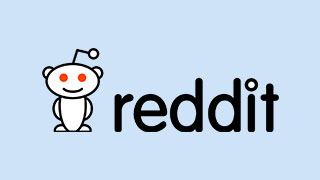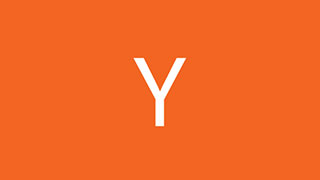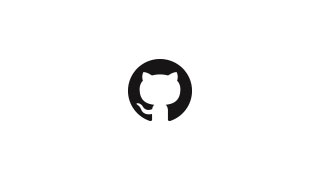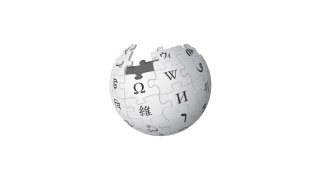CSS Zen Garden
csszengarden.com
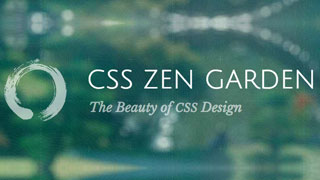
When in 2007, during an web accessibility course, the teacher explained how clean semantic HTML allowed screen readers to perform better, he displayed a small website where hundreds of webpages would only differ in the CSS file used but still provide a different experience each time. In an instant, he inadvertently defined my career for the next decade.
More than a proof of concept, CSS Zen Garden's simple premise impacted the vision of web designers and directed them on the path to enlightment.
